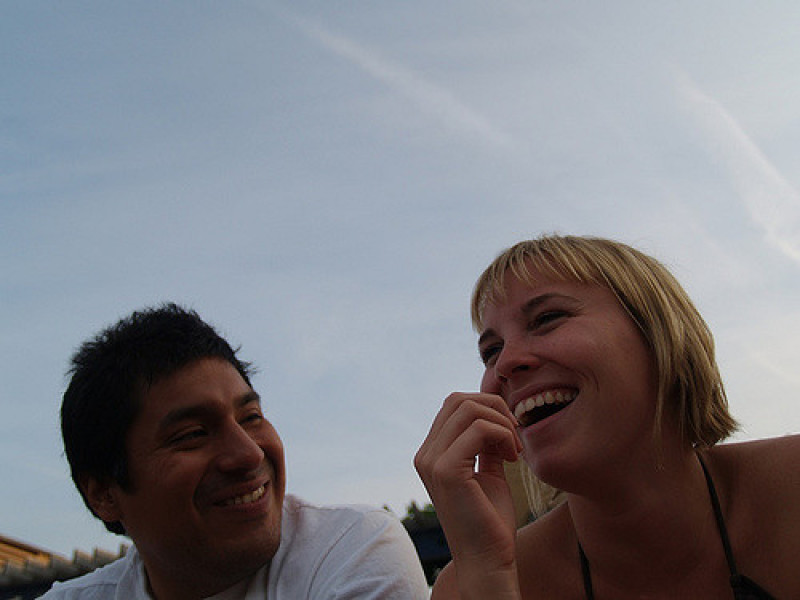
A new Pew Research Center study finds that people who are highly religious are more happier with their lives.
Four out of ten highly religious people say they are "very happy" compared to the 29% of those who are less religious.
Religiosity characterizes those who reported to pray every day and attend religious services each week. By this definition, generally 30 percent of U.S. adults are highly religious, according to the study.
The study also found that people who are highly religious are more engaged with their extended families, more involved with their communities, and more likely to volunteer. Three-quarters (74%) of the "highly religious' say they are satisfied with their family life, while 67 percent of the less religious report being so.
Nearly half (47%) of highly religious Americans reported gathering with extended family monthly, compared to the 30 percent of less religious Americans who gathered as frequently. Highly religious adults are also more likely than the "not highly religious' to say they have volunteered, at 45 percent and 28 percent, respectively; or donated money, time, or goods to the poor in the past week, at 65 percent and 41 percent respectively.
There are, however, ways in which those reporting to be "highly religious' are not so distinctive from those who are less religious, the study finds.
For example, there seems to be hardly any connection between religiosity and living a healthy lifestyle. Nearly half of both of those who are religious and nonreligious, 54 percent and 51% respectively, say they are "very satisfied" with their health. Additionally, the study finds no difference in how often they exercise. About 30 percent say they did not exercise in the past week across the board.
These are the latest findings of Pew Research Center's U.S. Religious Landscape study, drawing on national telephone surveys and a supplemental survey of 3,278 participants, which show links between religion and everyday behavior.


















